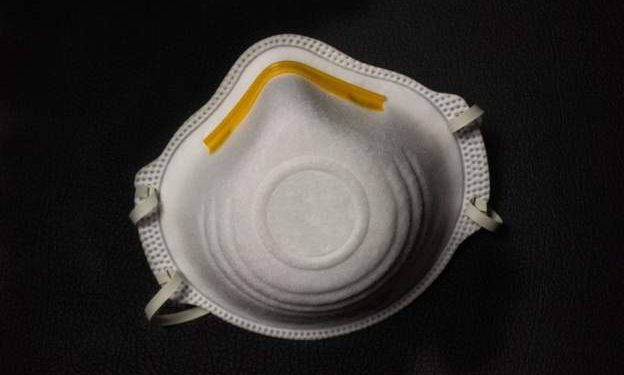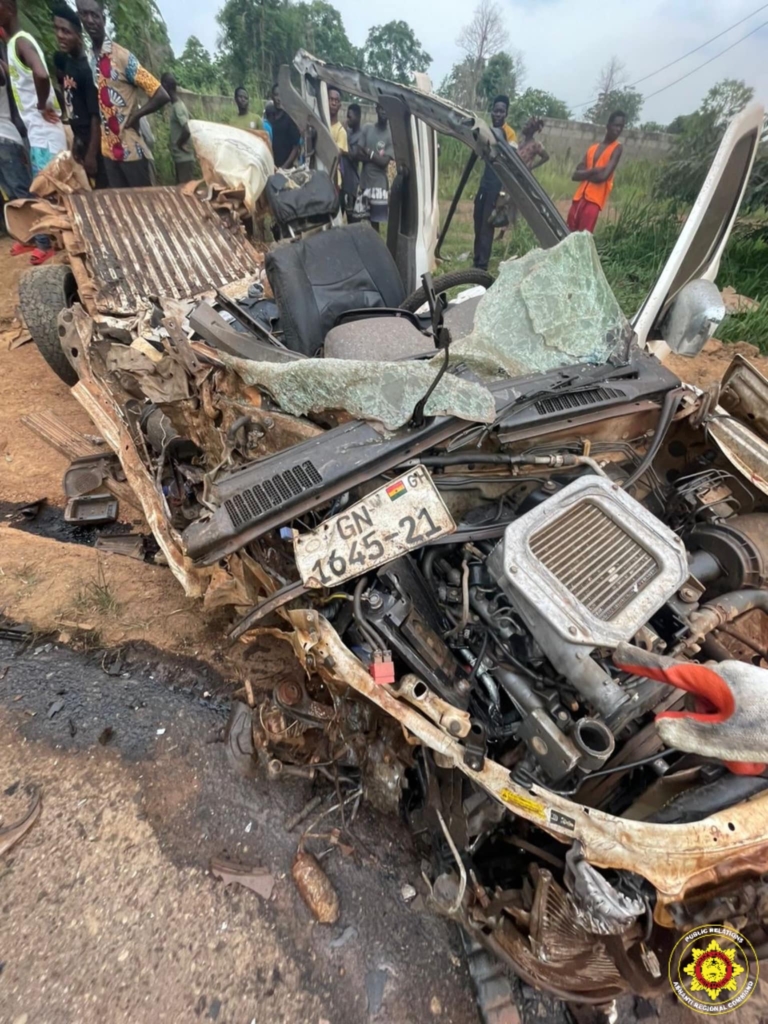
Kennedy Opoku writes: Coronavirus Outbreak, Is Ghana praying her way out of a pending crisis?

The last few months following international media and major news outlets have left a lot baffled how the deadly Coronavirus outbreak has metamorphosed into becoming a world crisis which seems to have no control in sight. Even America with its hardline protective gear has gotten its share of what began as a Wuhan province disease. The speed and level of the spread leave a lot worried about whether there is any solution. With over 88, 000 reported cases, 3000 deaths, and over 42,000 recoveries worldwide, and with no end in sight, as statistics continue, we can only hope that yet to be affected countries such as Ghana will take the needed and necessary measures in making sure the disease does not spread to the country.
Chinese’s Wuhan province reportedly being the epicentre of the disease has recorded 2,870 deaths and have come under hard knocked measures such as locked down and quarantines, affecting socio-economic activities. With drastic measures to curtail the spread has come with a barrage of dreadful anguish and despondency as people remain under lock and key. The rising numbers reported daily which continue to grow to send shivers down the spine of the many who follow. While some believe the Chinese government didn’t take the disease seriously leading to the quick spread, others believe this is entirely blown out of proportion by the media. But the death toll involves speaks volumes which could soon be declared as a global crisis by the World Health Organization (WHO).
According to the world health organization, the COVID-19 which is part of the coronaviruses family has common signs such as “respiratory symptoms, fever, cough, shortness of breath and breathing difficulties. In more severe cases, infections can cause pneumonia, severe acute respiratory syndrome, kidney failure, and even death.”
Nigeria, the only West African nation to record one case sent many tongues wangling about the prospect of the disease spreading to other neighbouring countries such as Ghana. The reported case in Nigeria brought to light how close disease as deadly as the coronavirus is and the need to be cautious and be on high alert about the possible spread.
Ghana’s preparedness towards the fast-spreading disease remains to be seen as the only rhetoric from authorities has been, ‘we are ready to deal with the virus’ and ‘the country is prepared’. But what happened to the idea of prevention? The most effective way of avoiding the disease will be making sure it does not spread down here but none of our actions seems to suggest that we are working in that direction. Our borders and ports remain open and porous as ever, allowing travellers from the hard-hit country- China into Ghana.
WHO states on their website that “Standard recommendations to prevent infection spread include regular hand washing, covering mouth and nose when coughing and sneezing, thoroughly cooking meat and eggs. Avoid close contact with anyone showing symptoms of respiratory illness such as coughing and sneezing.”
Arrival and departure halls on Ghana’s airport shows little visibility of signs about the disease. The usual screening at the arrival could be deemed as welcoming but probably not enough to withstand the looming crisis.
The nature of the disease at hand leaves no turn but the hard one. The social gathering which is part of our lives continues to thrive with weddings, parties and outdoor get-togethers. We seem to have thrown caution to the wind as the rest of the world battle the disease.
So I ask, why are we not seeing the massive sensitization drive which could help prevent this disease before we get hit hard. With our type of medical facilities, I hope not to hear any reported case but I know as well that hopes alone cannot deal with it. There is a need for decisions to be decisions taken, on our borders, in our schools, in our workplaces, and in our home.
The media effort in all this has been low. Perhaps the needed information should emanate from the authorized quarters which is the Ministry of Health, Ghana Health Service. But the loud silence about the disease is certainly worrying especially with the needed information lacking.
As usual, there have been prayer calls which are expected in a religious nation like Ghana, with about 75 per cent of the population reportedly Christians, and about 20 per cent Muslims, the prayers calls are expected to intensify as some will the ‘command’ and ‘bind’ the disease.
But that should not be the focus in dealing with issues like. Preaching and praying will not send away this disease. I am certain some of those reported dead or infected are Christians as well and prayed and hoped but they are unfortunately caught up on the web. Perhaps we continue to ride in the notion that Ghana is a blessed nation that has not been hit with any form of catastrophe, therefore we have taken for granted a lot. Times like this require leaders of faith-based organizations to use their platforms to educate and sensitize their members about the disease and the need to be cautious to avoid and prevent getting caught up.
Ghanaian students continue to call for evacuation from the epicentre which would be the call of anyone caught in such a dilemma. The posture of the Ghanaian government while not seemingly as best, could be proving to be one that would serve in the interest of Ghana.
The American example of evacuation has proven unworthy of following as the virus in that part of the world continues to spread with death expected to rise. That of Italy, Iran and South Korea give a clear indication of what best option there could be for Ghana in dealing with the deadly outbreak –to evacuate or not evacuate. In all this, the loud cries of Ghanaians students out there should be heard, considered and addressed.
Ghana’s posture and her preparedness towards dealing with and/or preventing the deadly disease remain questionable. The loopholes, lack of information and sensitization need to be addressed to prevent the disease.
Source: citifmonline.com






